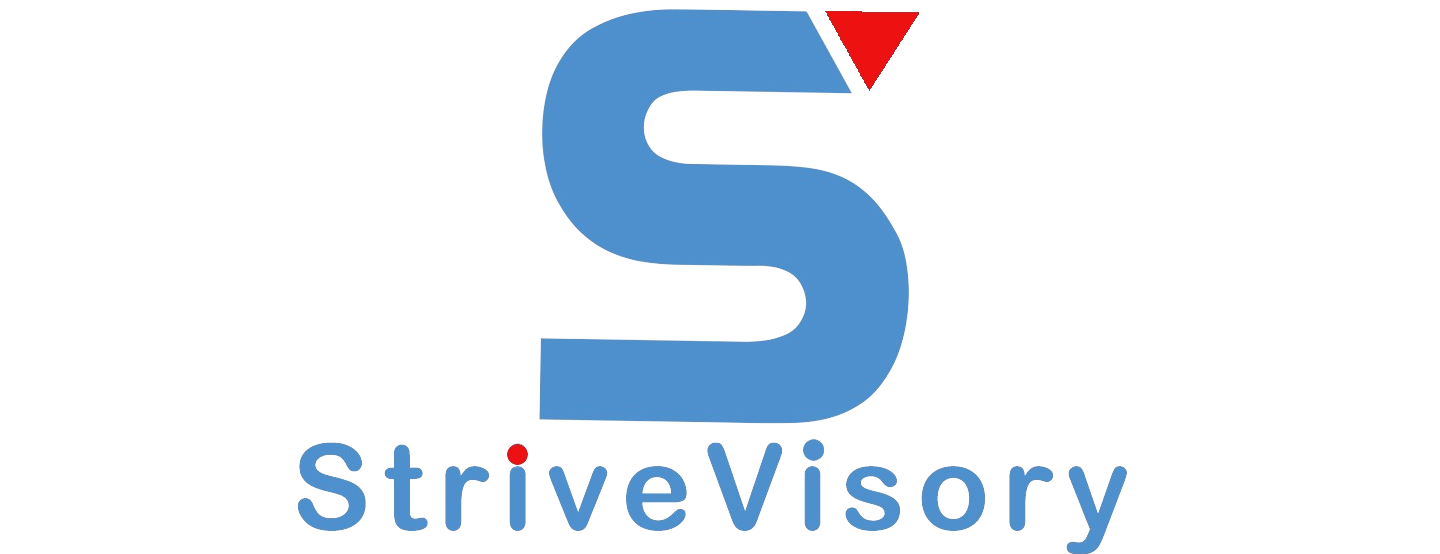The pandemic has forced businesses to change the way they operate. Many businesses have had to either close their doors or reduce their workforce in order to stay afloat. The pandemic has also accelerated the move towards automation and the use of artificial intelligence (AI) in the workplace.
In the post-covid-19 world, businesses will need to adapt to the new normal. The workforce will need to be more flexible and adaptable to change. There will also be a greater need for skills such as digital literacy and problem-solving.
There is no doubt that the Covid-19 pandemic has had a profound impact on the world of work. With millions of people around the globe now working from home, and many businesses having to adapt their operations to meet the challenges posed by the pandemic, the way we work has changed significantly. One of the most notable changes has been the rise of the remote workforce.
With more people than ever working from home, the need for office space has decreased, and the traditional 9-5 working day has become a thing of the past. This shift to remote working has had a number of benefits, including increased flexibility and freedom for employees, and a reduction in overheads for businesses.
However, it has also brought with it some challenges, such as a need for businesses to invest in new technology and infrastructure to support remote working, and a need for employees to learn new skills to be effective in a remote environment. Looking to the future, it is clear that the Covid-19 pandemic has accelerated the trend towards remote working, and that the way we work is unlikely to ever go back to the way it was pre-pandemic. In order to be successful in the post-pandemic world, businesses will need to adapt to this new reality and build a workforce that is fit for the future.
There are a number of ways in which businesses can do this, including:
1. Encouraging employees to upskill and reskill In a world where technology is increasingly becoming a key part of how we work, it is essential that employees have the skills and knowledge to be able to use it effectively. Businesses should therefore look to invest in employee upskilling and reskilling programs to ensure that their workforce is equipped for the future.
2. Building a flexible workforce Another way in which businesses can build a workforce fit for the future is by making it more flexible. This could involve offering more flexible working arrangements, such as remote working, part-time working, and job sharing.
3. Focusing on mental health and well-being The Covid-19 pandemic has had a profound impact on our mental health and well-being, and it is therefore important that businesses focus on this area. This could involve offering employees access to mental health support and resources, as well as promoting a culture of open discussion around mental health.
4. Creating a diverse and inclusive workforce Finally, businesses should also look to create a workforce that is diverse and inclusive. This means hiring employees from a variety of backgrounds and experiences, and ensuring that everyone feels like they belong in the workplace. Creating a diverse and inclusive workforce can help businesses to better understand and serve their customers, and can also help to foster a more creative and innovative environment.

